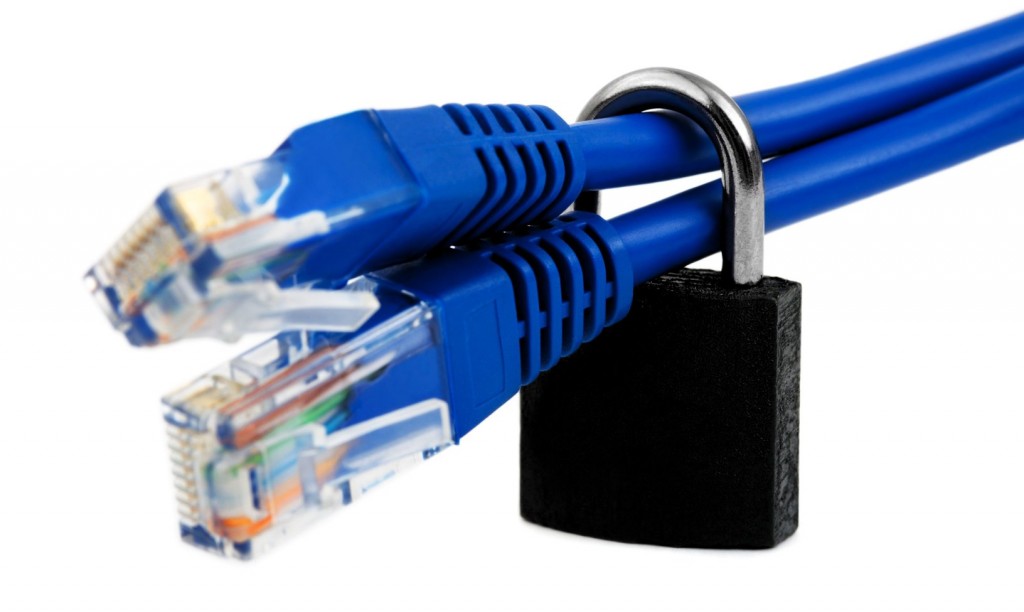Virtual Private Networks were at usually at the forefront of the widespread civil disobedience globally. Contrary to what was going around Social media circles, VPN doesn’t stand for a Very Political Network as intimated. Neither is it a vibrant political party nor a new Telecom network. Consider that a Just-for-Laughs gag passed around to diffuse a volatile political situation.
So the question is, do people really understand VPNs and the full extent of their usefulness?
What is a VPN?
A Virtual Private Network is a bunch of random computers discreetly connecting to the internet and encrypted so as not to be detected by conventional means.
To understand how VPNs work: imagine running at breakneck speed to a far-off safe haven through a jungle fraught with dangers like wild animals, poisonous plants and the vagaries of nature. You are not safe and can drop dead at any given moment.
Then imagine digging a tunnel on a subterranean level directly from your current position to the safe haven. Being underground minimises the risks and obstacles you’d normally encounter in the jungle.
You could personally dig your own tunnels but why bother when you can use tunnels dug by somebody else who’s job is precisely to dig secure tunnels?
The only way that those above can nab you is perhaps if they know exactly when you exit and enter the tunnels. And perhaps if they knew exactly where the tunnels are located they can block them. Not to worry, you can always use other hidden tunnels. In a nutshell, this is what VPNs do.
Image: Switchworks
Read more: The difference between a Proxy and a VPN
What VPNs can do
VPNs come in the form of software downloaded to your Computer/Smartphone such as the highly rated free OpenVPN or a free addon like Browsec that is installed onto your web browser. They can be used to safely connect to websites blocked at the workplace, school or by the Internet Service Provider without anyone being the wiser.
VPNs provide a layer of security when connecting to the Internet over an unprotected public network that can otherwise compromise sensitive data. More importantly, they allow individuals to remotely connect to network resources on private servers intentionally made unavailable over unsafe public networks such as the Internet.The operational word in all this is ENCRYPTION.
Why You still need VPN
- Online privacy has come at the forefront due to recent politically-charged developments in Uganda. Much as the consumption of information – state-sanctioned or otherwise – has become an issue of contention, the freedom to choose what information to consume – whether gospel truth or hearsay – remains a private affair and VPNs guarantee that you it stays that way.
- Certain websites are blocked in both offices and schools for good reason. It creates a distraction-free environment conducive to work in. But if you don’t buy that reason and believe your reasons trump their reasons, you might as well have your VPN on hand. Go ahead and access your Facebook account. Get no work done that day. It’s only your precious time you’re wasting, no?
- At times you might come across that YouTube video clip you’re dying to watch only to be informed that said video clip isn’t available in your region. Perhaps it’s that TV show on Hulu you can’t find anywhere else. What to do, you ask? I am glad you asked. With a VPN activated, you will be anywhere in the world with a click of a mouse. Go ahead. Try it out.
- Perhaps the most important aspect to installing VPNs is the security bonus of having one. Your online activity will be secured from prying eyes and trust me there are lots of Peeping Toms interested in finding out what you do online. Lots of people have stuff to hide most of which might not be sinister but sensitive enough to attract the attention of others. A VPN will save you a whole lot of grief. Hackers are not a myth. They do exist and they can be immunised against.
Featured Image: gottabemobile

